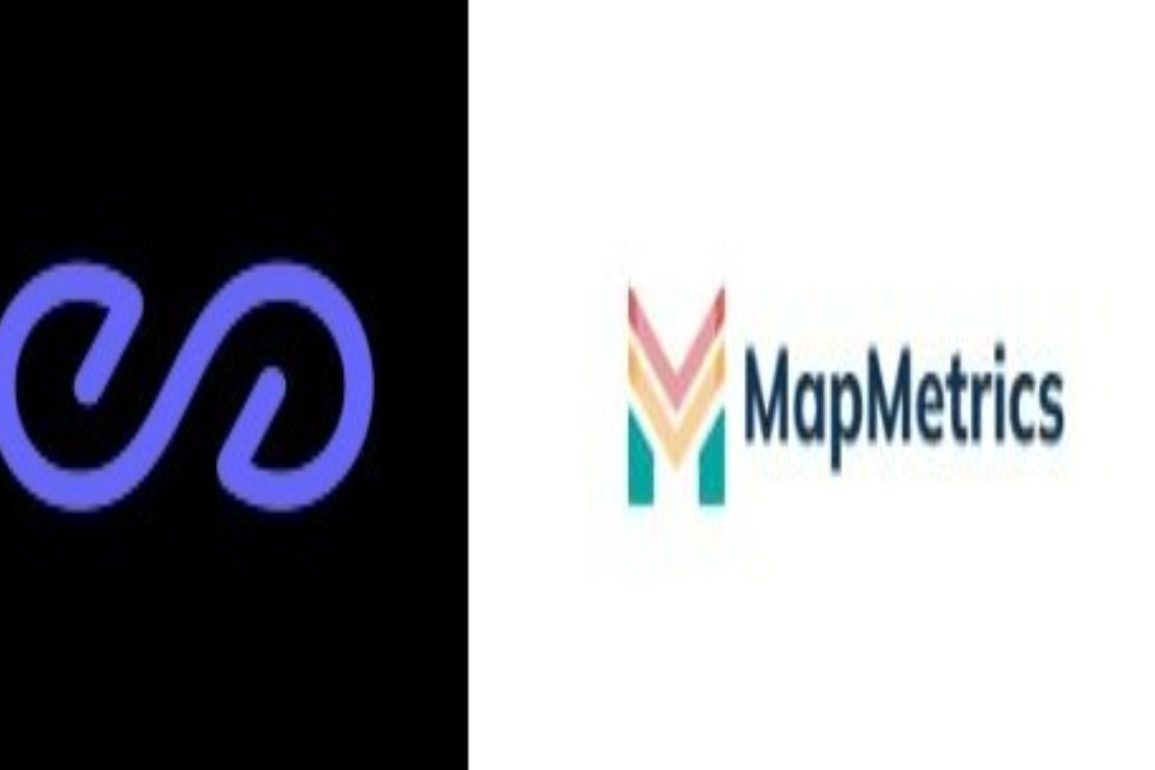- Summary:
- MapMetrics is a Google Maps-like navigation service built on Web3, enabling users to earn crypto and NFTs, while protecting their privacy.
MapMetrics, a Solana-based Web3 drive-to-earn navigation project has joined the peaq, the DePIN-focused network. MapMetrics is running a Google Maps-like service, based on web3 navigation built on peaq’s decentralised physical infrastructure network (DePIN).
Navigation the MapMetrics way
In exchange for using free navigation services offered by apps like Google Maps, inadvertently give tech giants their personal data, which has implications on personal privacy. MapMetrics is changing the narrative by building its navigation system on Web3. Furthermore, it is giving users the chance to earn cryptocurrencies and NFTs, and all they have to give in return is sharing anonymized location data using location trackers.
MapMetrics integrates its proprietary ad engine, which protects users against the disclosure of private information to advertisers. That’s not all-a portion of the generated revenue goes to the community. It is off to a good start and has already onboarded 3,500 devices and 5,000 users across 73 countries.
peaq IDs are now compatible with Solana, and this has enabled MapMetrics to integrate its DePIN features on peaq. All navigation devises on the MapMetrics network will be given peaq IDs, enabling data authentication and a community-based voting system.
To further improve the navigation service, MapMetrics has developed a community voting system that allows users to contribute by designating objects like speed cameras and validating their position with votes. MapMetrics will do this by utilising peaq to create a community voting pallet. Essentially, the voting pallet is a reusable building block that will allow users to vote on the accuracy of the locations of speed cameras and other objects added to the project’s navigation service.
peaq IDs are now compatible with Solana, which has expanded the peaq ecosystem significantly. This is supported by the peaq storage pallet, which is designed to work like an address book. The pallet enables cross-chain communication and data exchanges linking addresses of different network protocols.


